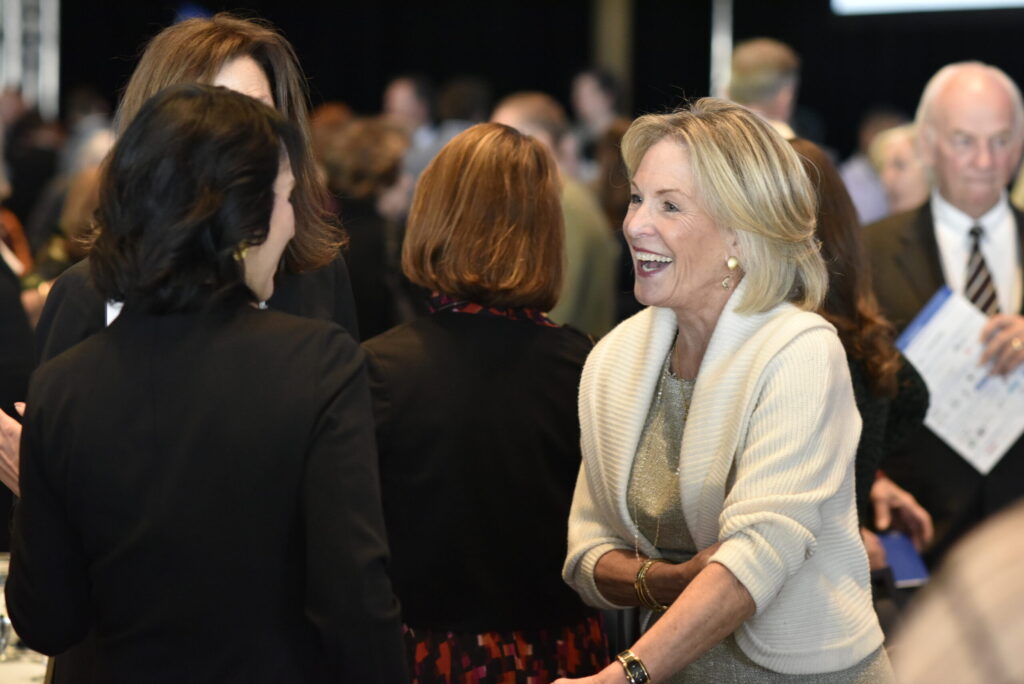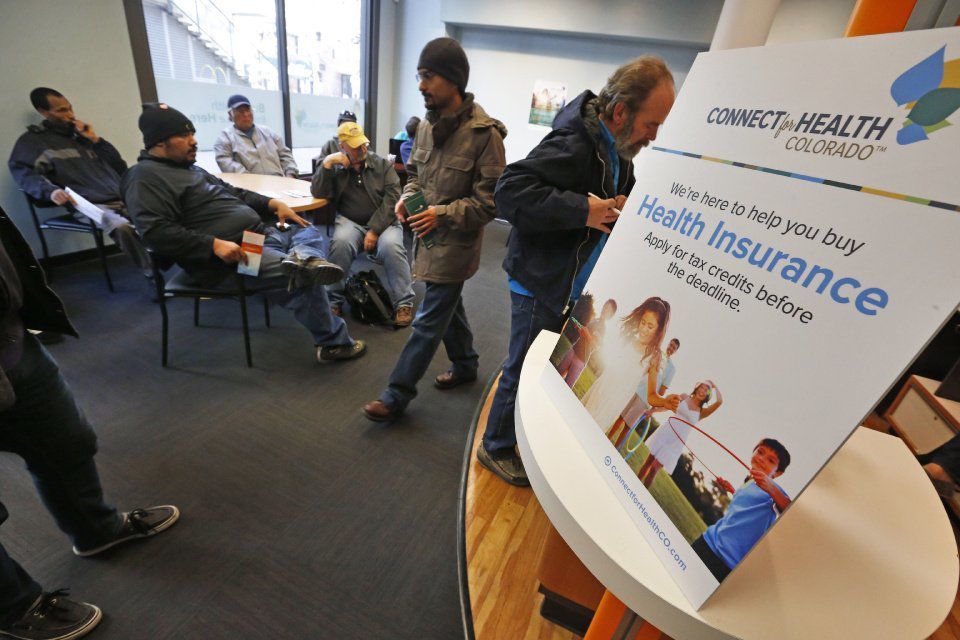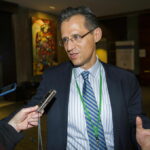Gardner calls for tough policy on N. Korea ahead of summit

WASHINGTON – Colorado U.S. Sen. Cory Gardner used a Senate hearing Tuesday to repeat his hard-line stance against the militarization of North Korea.
The hearing was timed as a forerunner to a summit meeting slated for next week in Singapore between President Donald Trump and North Korean leader Kim Jong Un.
“It is my hope that during the summit, it will be made clear to the regime that the only goal of our negotiations is denuclearization,” Gardner, R-Colorado, said during the Senate Foreign Relations Committee hearing.
He referred to North Korea’s development in that past two years of nuclear missiles, some of which could strike targets in the United States.
Gardner is chairman of the Senate Foreign Relations subcommittee on East Asia, the Pacific and international cybersecurity.
He sponsored the North Korea Sanctions and Policy Enhancement Act, which Congress approved overwhelmingly in 2016 to punish North Korea for its nuclear proliferation, human rights abuses and cyber attacks on other countries. The law authorized economic sanctions and trade barriers against North Korea.
Since Trump took office, the law has become a key component of his “maximum pressure” policy against North Korea. The Trump administration has imposed 156 new sanctions, which played a significant role in a recent economic disaster for the communist country.
Gardner said more sanctions should be imposed.
“But now that we have painstakingly built the sanctions leverage and brought Pyongyang to the negotiating table, it would be misguided to let up on the pressure valve,” he said.
He co-sponsored a new bill last year called the Leverage to Enhance Effective Diplomacy (LEED) Act, that would expand North Korea trade sanctions globally.
It would authorize the U.S. government to downgrade relations with any country that fails to participate in economic and diplomatic sanctions against North Korea. The downgrade could include ending U.S. assistance to any countries that refuse to isolate North Korea.
The LEED Act still is pending in Congress.
“There can be no sanctions relief for North Korea unless the regime makes ‘significant progress toward completely, verifiably, and irreversibly dismantling all of its nuclear, chemical, biological and radiological weapons programs, including all programs for the development of systems designed in whole or in part for the delivery of such weapons,'” Gardner said, quoting from his North Korea Sanctions and Policy Enhancement Act.
“Any negotiations with the North Korea must ultimately meet this high bar,” he said. “So far, although it has suspended missile tests, North Korea has not taken any concrete or verifiable steps toward denuclearization.”
Victor Cha, former director for Asian affairs in the White House’s National Security Council, testified during the Senate hearing that he doubted Kim would abandon his nuclear weapons program.
“For over 50 years they’ve been working on this thing, and the notion that they are ready to show up in Singapore and say, ‘Here, it’s all yours now,’ I’m skeptical about it,” Cha said.
He said the summit could lead to “a historic moment” with either of two outcomes.
“First, if the summit meets the high expectations that the president has set for the meeting, it could lead to a breakthrough agreement where North Korea, after over one half-century, finally makes the strategic decision to come in from the cold, part with their nuclear weaponry and ballistic missiles, and join the international community,” Cha said.
But he admitted being doubtful of a “fairy tale ending.”
“The alternate historic outcome would be a failed meeting in Singapore where either or both leaders walk away convinced of the other’s disingenuousness,” Cha said.
Joseph Y. Yun, a senior advisor to the U.S. Institute of Peace, agreed that Trump faced tough obstacles with Kim.
“Achieving a substantive and mutually satisfactory agreement in the planned June 12 U.S.-North Korea summit is a particularly complex challenge, as the two sides start from positions that have little in common,” Yun said.
A day before the Senate hearing, the Senate’s top Democrats delivered a letter to Trump telling him that any deal his strikes with Kim will win their approval only if the North Koreans agree to permanently dismantle their nuclear and ballistic missile programs.
They also must agree to “robust compliance” measures, such as “anywhere, anytime inspections,” even if it includes “suspicious sites.” Any violations of the agreement should result in immediate reinstatement of sanctions, the letter from the Democrats said.
Trump has said any agreement he reaches with Kim would seek denuclearization but gave few other details. He also said he would accept only a deal that is favorable for the United States and ask for congressional approval.














